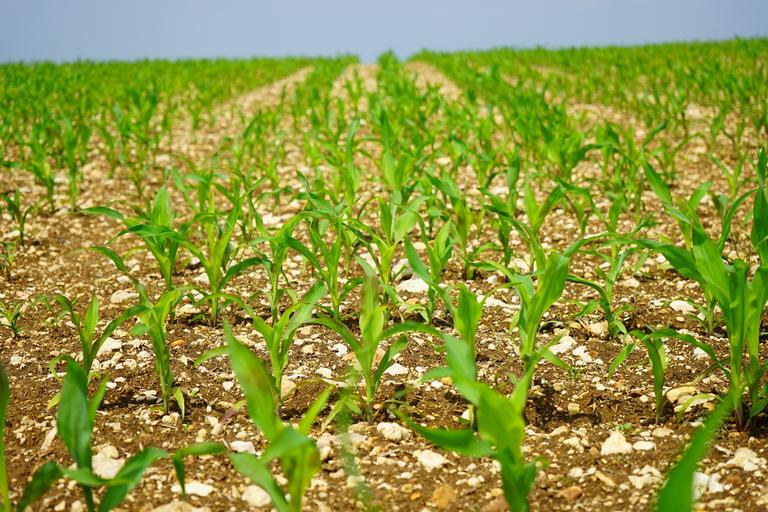What are Some of the Arguments Against GM Foods?

In the UK, we are being far more cautious about GM foods, possibly with good reason. Lessons learned during the BSE crisis are still very much in people's minds. Can we trust what we are eating, and what could be the long-term effects?
We have potentially more to lose from the introduction of GM crops. In America, farming takes place on an industrial scale, with millions of acres used exclusively for growing crops. Intensive use of pesticides has virtually wiped out wild animals and plants in the huge crop fields of the US. These farms are separate to the rest of the countryside and large national parks and nature reserves. Here however, farms are an integral part of the countryside. The use of herbicide- or insect-resistant crops could potentially have severe effects on our biodiversity, by virtually wiping out wild flowers and consequently the insects that feed on them, and further up the food chain, the predators that eat the insects.
Some crops are being developed to improve soil quality, by removing heavy metals from the soil, for example, so that they can be harvested and destroyed. An excellent idea, but what about the animals that eat the contaminated plants? Others are being developed for salt resistance, so that they can be grown in previously unusable areas. But what if their seeds were to be carried to a saltmarsh? Would they be a threat to wild species that have lived there naturally for years?
Plants are also adapted to survive. As a result of the Roundup Ready soybeans, weeds started to develop resistance to glyphosate weed killer. Since then, twenty-four cases of glyphosate-resistant weeds have been reported around the world, 14 of which are in the United States.
So far, there is no evidence of GM food being harmful to humans, but the rules governing their testing are less strict than with medicines, and after BSE, we know that "no scientific evidence of harm" is not the same as "safe to eat". Bovine spongiform encephalopathy (BSE), commonly known as mad cow disease, is a neurodegenerative disease of cattle. In 1996, it was discovered that the disease could cross over to humans via the consumption of beef products from infected cows. This caused Variant Creutzfeldt–Jakob disease, a fatal brain disease. As of 2012, 170 people had died of vCJD.
A report published by Dr Arpad Pusztai in 1998 sparked off public fears about GM foods. He claimed that his experiments, which involved feeding rats with potatoes genetically modified with a lectin gene from a snowdrop, caused stunted growth and immune system problems for the rats. His report was been heavily criticised by other scientists, and he was suspended from The Rowett Institute, where he had conducted his research. The Royal Society of Medicine declared that the study was ‘flawed in many aspects of design, execution and analysis’ and that ‘no conclusions should be drawn from it’. However, in 2005, he received the Whistleblower Award of the Federation of German Scientists for his study and In 2009, Pusztai and his wife, Prof. Bardócz Zsuzsa, received the Stuttgart Peace Prize.
Laboratory tests have shown that pollen from GM maize in the US damaged the caterpillars of the Monarch butterfly. This is a case of damage to a single species, but it does show that genetically-modified organisms could have the potential to do unexpected harm to other plants and animals. In the end, this could lead to a loss of biodiversity and to certain animal and wild plant species effectively being rendered extinct.
Where test crops have been planted in this country, there is a definite danger of cross-contamination with wild or non-GM plant strains. Even with very strict controls in place, it is impossible to prevent pollen from travelling on the wind from GM crops to other, possibly organic versions of the same crop being grown nearby. Pollen could also be carried by insects. This could mean that in the end, all our food crops could contain a proportion of genetically-modified elements, and we as consumers would lose our right to choose whether to eat GM foods or not.
Read More: Who profits from GM Food?
